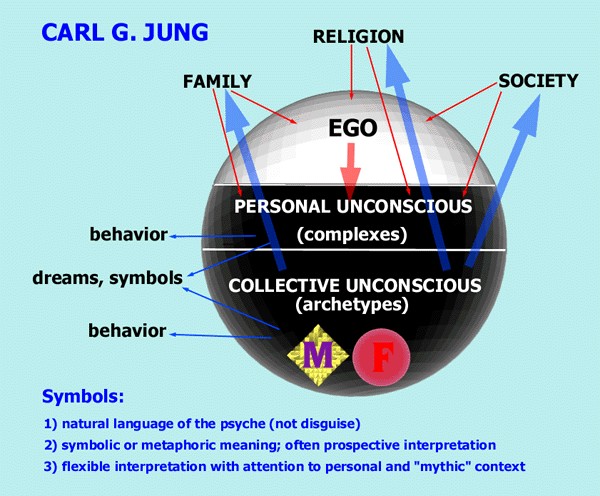Have you ever felt like there's more to you than meets the eye? A hidden depth, a complexity that goes beyond everyday actions and thoughts? This sense of something deeper is at the heart of Carl Jung's definition of personality, a concept that continues to intrigue and inspire exploration into the human psyche.
Jung, a Swiss psychiatrist, saw the personality as a dynamic and evolving entity. Rather than a fixed set of traits, he envisioned it as a tapestry woven from conscious and unconscious elements, constantly interacting and shaping our experiences. Understanding this interplay, he believed, held the key to personal growth and fulfillment.
Jung's exploration of personality emerged in the early 20th century, a time of significant change and intellectual upheaval. Breaking away from traditional Freudian psychoanalysis, he delved into the realms of mythology, religion, and symbolism, seeking universal patterns in human experience. This journey led him to develop groundbreaking concepts like archetypes, the collective unconscious, and the process of individuation, which form the cornerstones of his personality theory.
Central to Jung's definition is the idea of the psyche, a term he used to encompass the totality of our mental life, both conscious and unconscious. He distinguished between the ego, our conscious sense of self, and the unconscious, a vast reservoir of instincts, experiences, and archetypes. These archetypes, such as the Hero, the Shadow, or the Wise Old Man, represent universal patterns of behavior and imagery embedded in our collective unconscious, influencing our perceptions and interactions with the world.
For Jung, understanding personality was not merely a matter of identifying traits or tendencies. It was about recognizing the dynamic interplay between these various elements – the conscious and unconscious, the personal and collective – and striving towards a state of wholeness and integration, a process he termed individuation. This journey of self-discovery, he believed, was essential to living a fulfilling and meaningful life.
While Jung's work is complex and multifaceted, his definition of personality offers a rich and nuanced perspective on what it means to be human. By acknowledging the depths of the unconscious and the influence of archetypal patterns, we gain a deeper understanding of ourselves and our place in the world.
Though not a rigid framework for analysis, Jung's ideas provide a valuable lens through which to explore our inner landscape and navigate the complexities of life. His emphasis on symbolism, dreams, and the unconscious continues to resonate with those seeking a deeper understanding of themselves and the human experience.
Advantages and Disadvantages of Carl Jung's Definition of Personality
| Advantages | Disadvantages |
|---|---|
| Offers a holistic view of personality | Can be seen as overly complex or mystical |
| Emphasizes the importance of the unconscious | Lacks empirical support in some areas |
| Provides a framework for personal growth and development | Can be challenging to apply in practical settings |
Exploring Jung's work, even if just dipping your toes into the vast ocean of his ideas, can be a profoundly enriching experience. It encourages introspection, self-reflection, and a willingness to embrace the complexities within and around us. As we journey inward, guided by the light of Jung's insights, we may find ourselves uncovering not just who we are, but who we have the potential to become.
The Powerful Nature of Brand Archetypes - The Brass Coq
Carl Jung Main Ideas - The Brass Coq
12 Brand Archetypes by Carl Jung (& How to Use Them) - The Brass Coq
carl jung definition of personality - The Brass Coq
carl jung definition of personality - The Brass Coq
carl jung definition of personality - The Brass Coq
carl jung definition of personality - The Brass Coq
carl jung definition of personality - The Brass Coq
The 12 Archetypes by Carl Jung - The Brass Coq
Trait Theory of Personality: Definition And Examples (2024) - The Brass Coq
The Benefits of Archetype Branding Workshops - The Brass Coq
How to illuminate and integrate your shadow - The Brass Coq
Collective Unconscious by Carl Jung - The Brass Coq
Understanding Personality: The 12 Jungian Archetypes - The Brass Coq
carl jung definition of personality - The Brass Coq












